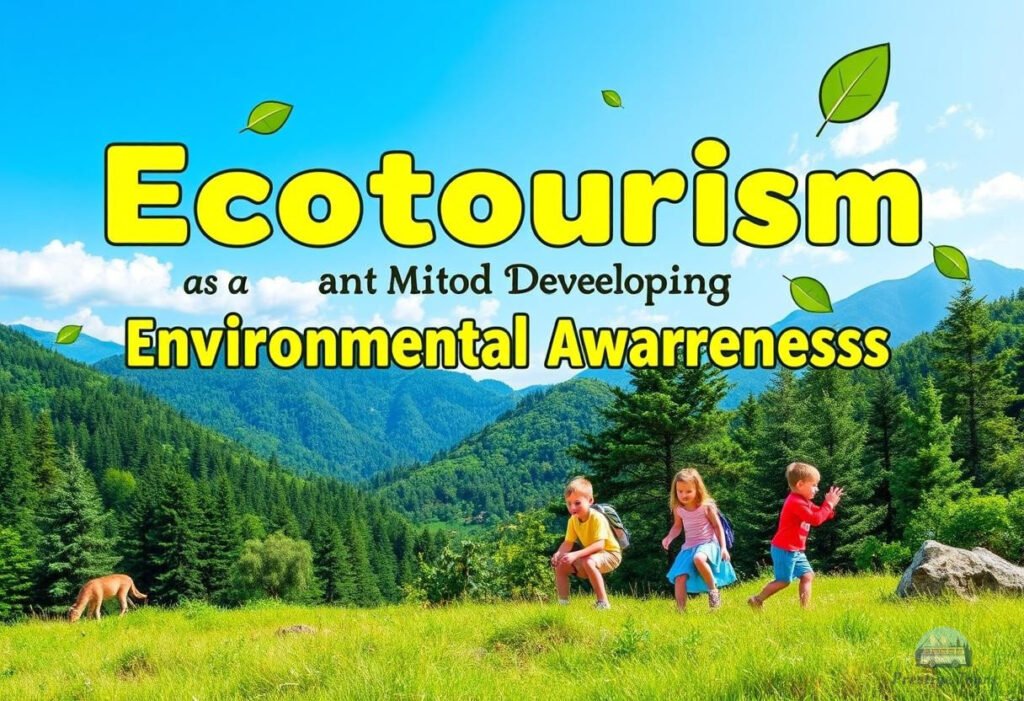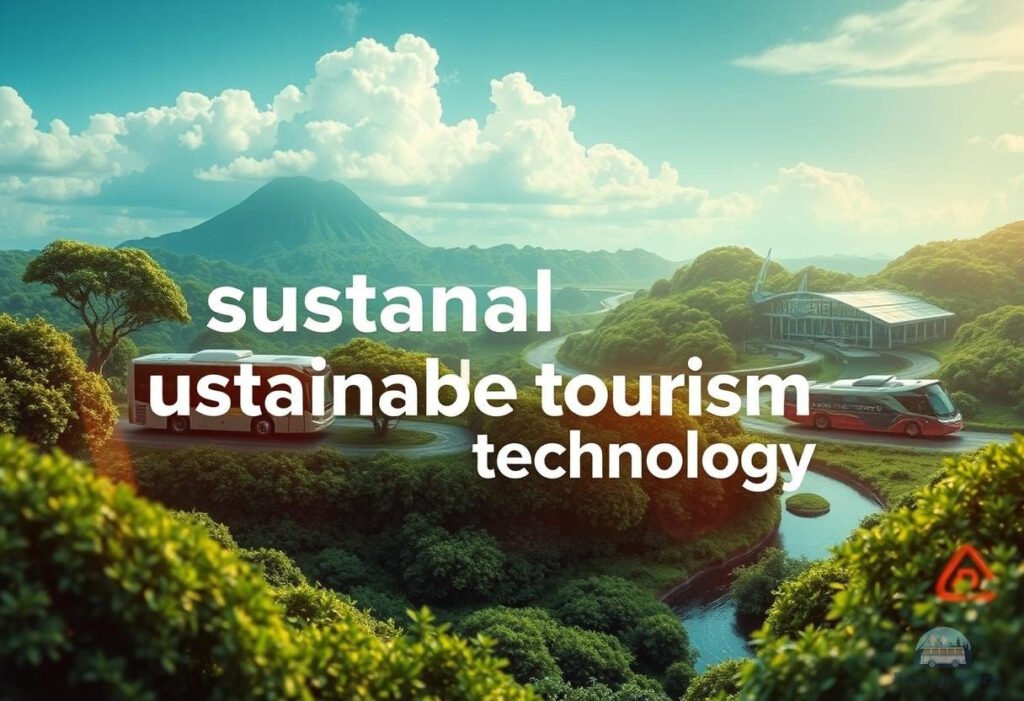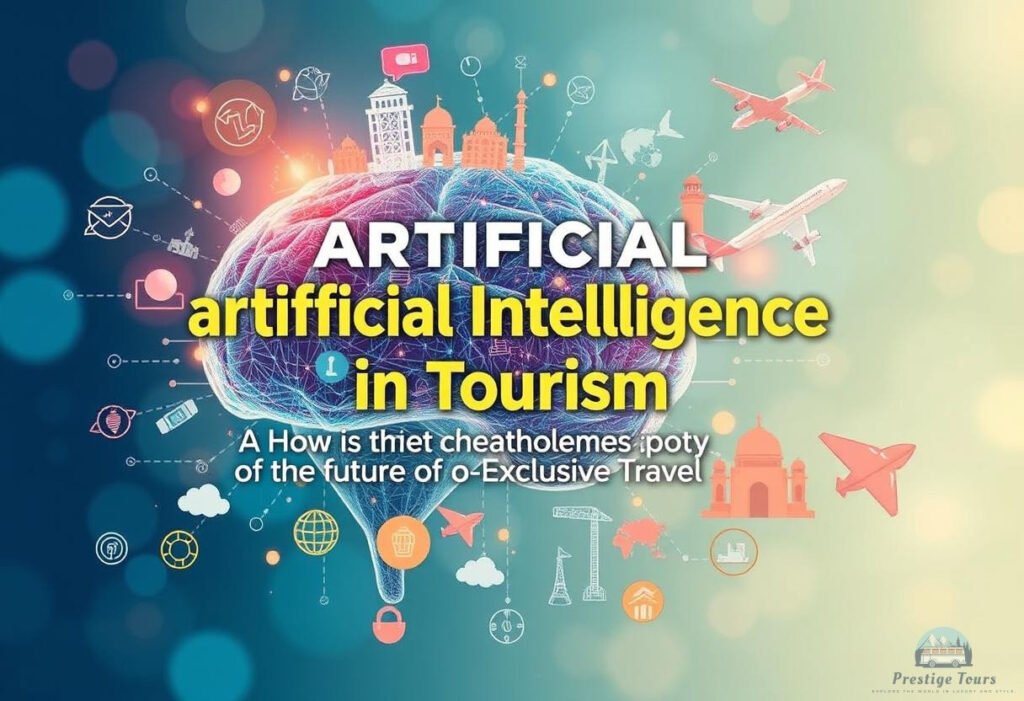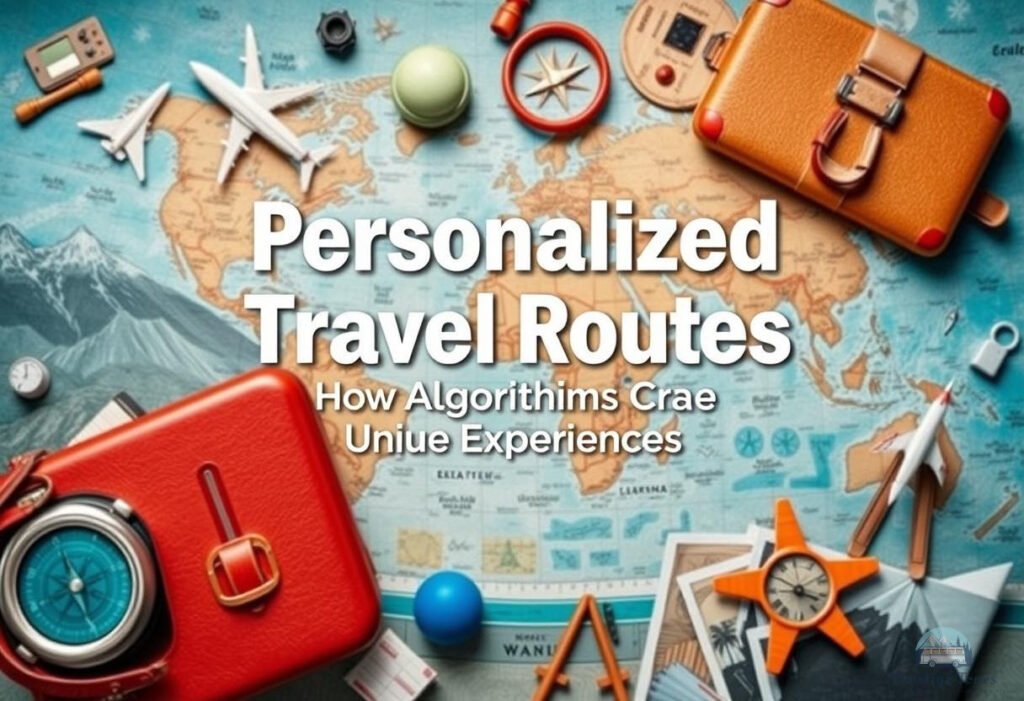Personalized Offers for Green Travel: How AI is Shaping the Future of Travel
Green AI is becoming an important tool in the travel industry, influencing the way we choose our travels. With increasing attention to environmental issues, tourists are looking for more sustainable holiday options. The use of AI plays a key role in creating offers that take into account individual traveler preferences, while ensuring minimal impact on the environment.
Application of Ecological Artificial Intelligence in Tourism
Personalized recommendations for customers
One of the main areas of use of ecological artificial intelligence is the provision of personalized recommendations for customers. Algorithms based on the analysis of travelers' preferences allow the formation of unique routes and offers that correspond to individual interests.
Flexibility of offers also plays an important role, as they can change depending on the season and location. This allows tourists to discover new eco-friendly routes that match the natural conditions and time of year, increasing the opportunity to enjoy nature without harming the environment.
Optimizing routes to minimize carbon footprint
Another key aspect is route optimization aimed at minimizing the carbon footprint. Eco-friendly transport options such as electric cars and bicycles are becoming increasingly available thanks to advanced technologies.
Integrating local and sustainable resources also helps create more responsible and ethical offerings. This can include using local producers and services, which not only supports the local economy but also reduces the overall environmental impact.
Examples of successful implementations
Cases of companies using ecological artificial intelligence
There are many companies around the world that are actively implementing ecological artificial intelligence into their business models. Eco-hotels with innovative approaches to resource management are becoming leaders in sustainable tourism, offering unique conditions for recreation that minimize environmental risks.
Sustainable travel booking platforms are also making heavy use of AI, allowing customers to find and select options that align with their values. These platforms provide transparency into travel’s carbon footprint and the sustainability of the hotel industry.

Consumer feedback and implementation results
Among the results of the implementation of green artificial intelligence, special attention is paid to customer satisfaction. Many travelers note that such technologies can improve the quality of their vacation, helping them to choose more suitable and environmentally friendly options.
The impact on travel decisions has also become visible, with access to environmental impact information becoming a deciding factor for many tourists.
The Future of Green Travel with AI
Forecasts and trends
In the coming years, we can expect further advances in technology and its impact on the industry. Sustainable practices are increasingly integrated into mass tourism, resulting in a growing number of offerings that take into account the environmental aspects of travel.
Among the predictions, it is worth noting that the widespread use of AI in tourism will lead to the creation of even more accurate and personalized recommendations, which will make travel not only more convenient, but also responsible.
Challenges and Prospects
Despite the obvious benefits, there are also challenges associated with the use of green AI. Ethical issues related to data protection and privacy require attention from both business and society.
The need for public awareness of environmental responsibility also becomes an important aspect, as the successful implementation of these technologies requires the active participation and support of tourists.
In conclusion, green AI is shaping the future of sustainable travel by providing unique opportunities and solutions for responsible tourism. Advances in technology are opening up new horizons for travelers who want to leave only a positive mark on the planet.
For more information on sustainable tourism, you can visit the website UNWTO.
Other useful resources on the topic include articles on Greenpeace And Ecotourism Society.











